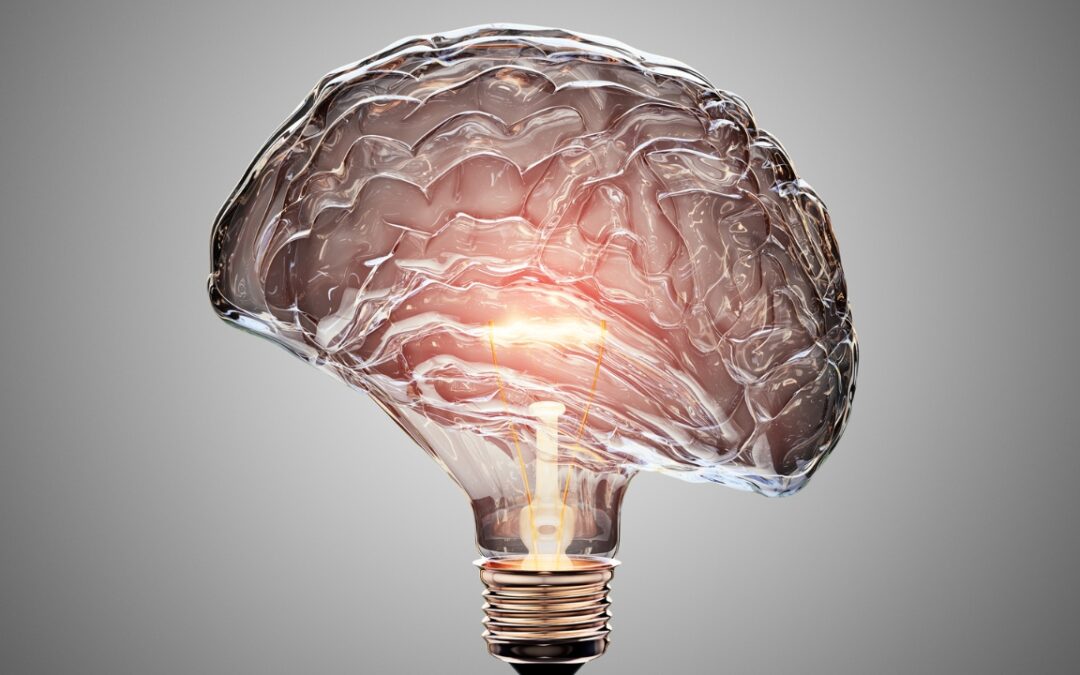Introduction
Mental health is a vital part of everyone’s healthcare, but it’s especially important for seniors. As we age, our bodies begin to decline. What was once incredibly easy for your older loved one may now be a challenge. They may not be as active as they once were. They may not be able to go to as many social events, and they may have had to give up one or more of their favorite hobbies. As they struggle with various physical health conditions and the limitations that can come with age, their mental health becomes affected.
It’s a fact that older adults often deal with depression. They may find themselves feeling socially isolated, especially if they can no longer drive or walk long distances. Some even become suicidal. This is why elderly mental health care is a vital component of any in-home care plan. If your loved one is depressed, it can affect their physical health. It’s not uncommon for a depressed person to begin declining more rapidly than someone who isn’t struggling.
Reliant Home Care Services will work with you and your loved one to make certain they receive the care they need, whether it’s physical, mental, or emotional. We provide compassionate care that addresses mental health issues while also working to enhance your loved one’s overall quality of life. Let’s take a deeper look at how home health can focus on mental well-being and what Reliant can do for your loved one.

Understanding Mental Health in the Home Care Setting
Mental health is a very broad term. The APA Dictionary of Psychology defines it as a “state of mind characterized by emotional well-being, good behavioral adjustment, relative freedom from anxiety and disabling symptoms, and a capacity to establish constructive relationships and cope with the ordinary demands and stresses of life.” While that gives us an idea of what good mental health is, many of the criteria are fairly vague. There’s no test that will say when someone doesn’t have emotional well-being or adjusts to changes in positive ways. This means some people who are experiencing poor mental health do so without anyone else noticing.
That’s often the case with seniors. Even those who have professional home care may still suffer from mental health issues if the caregivers aren’t trained to recognize them. For example, it’s not unusual for older people who are no longer able to do as much as they once did to start feeling depressed. They may think that they’re useless and that they have no purpose in life any longer. They may no longer socialize or even want to socialize because they believe they’re a drain on others. Some may feel like they’re draining their family’s finances and start to contemplate suicide because they see it as the right thing to do for others.
Reliant’s caregivers understand mental health and how it relates to home care. We include mental wellness in home care plans, especially for those who may be depressed due to a lack of social engagement or who have undergone significant changes in their lives.
If your loved one isn’t fully agreeable to having home care or is very particular about how things are done, they may be aggressive towards the caregiver. They may even be fairly argumentative when you or another family member tries to do something for them. This is another type of poor mental health that needs to be addressed. Some people even become violent, especially those who are also struggling with dementia or other debilitating illnesses.
These are just a few of the serious mental conditions that an elderly individual can struggle with, and they illustrate why mental health home care is important. Home health services that don’t include a mental health component to your loved one’s plan of care aren’t fully addressing their needs. Many studies have shown that mental health has a major impact on physical health, so it must be part of any care plan.
The Role of Companionship in Mental Health Improvement
One of the biggest impacts on someone’s mental well-being is being isolated or alone. This is why companionship and mental health go hand in hand. If your loved one rarely gets visitors, they’re going to start to feel as if no one cares about them. They will also lack the mental stimulation that comes with conversations, which can affect their cognitive functions. Being with your loved one also gives you the chance to do small tasks around the house that they may not be capable of, ensure that they’re taking medications correctly, and assess their health for yourself.
Mental health caregivers can also provide these services. In fact, sometimes conversation with someone new is more mentally stimulating because they bring new points of view. Your loved one may enjoy talking to someone new and sharing their stories. On the other hand, some seniors have no interest in meeting new people, and they may see professional caregivers as a sign that you see them as a burden. You will need to carefully judge which way your loved one is likely to go. If they seem agreeable to in-home mental health assistance, it’s more likely that they will be open to meeting caregivers and working with them.
Even if your loved one enjoys being alone, everyone needs personal interaction every now and then. Otherwise, the feelings of isolation and depression can set in. Here are some elderly companionship benefits that Reliant’s caregivers can provide:
- Mental stimulation through conversation with caregivers as well as activities.
- More engaged in social activities, especially if the senior isn’t able to drive or get out often. The care provider can take them to events, appointments, shopping, or to visit others.
- We are often more physically active when we are with others, so seniors who receive personalized mental health care are likely more active and get more exercise.
- Companionship affects your loved one’s emotions, too. They empathize with their caregiver and others they engage with, and they receive empathy and care in return. This support is vital to mental and emotional well-being.
When people reach out for home care, they often think only about physical needs. Reliant’s team focuses on providing both physical and mental health support at home. Mental health is important for everyone, but it’s especially vital for those who are struggling with dementia or veterans who have PTSD. Our team practices compassionate caregiving for everyone, engaging with them mentally and emotionally in addition to providing for their physical health and safety.

Overcoming Challenges: Reliant’s Unique Solution
There are a number of obstacles that we often see when providing mental health support at home. One of the most common challenges is that people don’t fully understand what mental health care looks like. Many people hear the term “mental health” and immediately think of therapy or counseling. However, it’s more than that. It’s okay if you don’t know exactly what type of mental health support your loved one needs. That’s what we’re here for. We can work with you, your loved one, and their friends and family to learn about what they need. Sometimes, all a person really wants is to spend time with their family.
Other times, the challenges may be the result of a mental illness or condition such as dementia. Providing home care for those with these chronic mental conditions often requires more training or a deeper knowledge about the disease affecting your loved one. Our providers will help ensure your loved one is safe while also working with them to retain their independence for as long as possible.
Just like with physical health, there is no one-size-fits-all approach to mental health. Every plan of treatment must be customized for each individual. That’s the approach Reliant takes. We believe that home care for mental well-being needs to start with understanding your loved one. We get to know them, their needs, and their wants. Understanding how each person is approaching their health and their life allows us to understand what they need from us as far as mental support goes.
Often, family members call us because their loved one needs some extra help with physical tasks, but it’s not unusual for them to need some mental health support as well. Whether it’s the mental stimulation that comes with talking to someone or some solutions to the memory loss that comes with dementia, we’re here for you. Reach out today to learn more about mental health in home care and how Reliant can help you.

